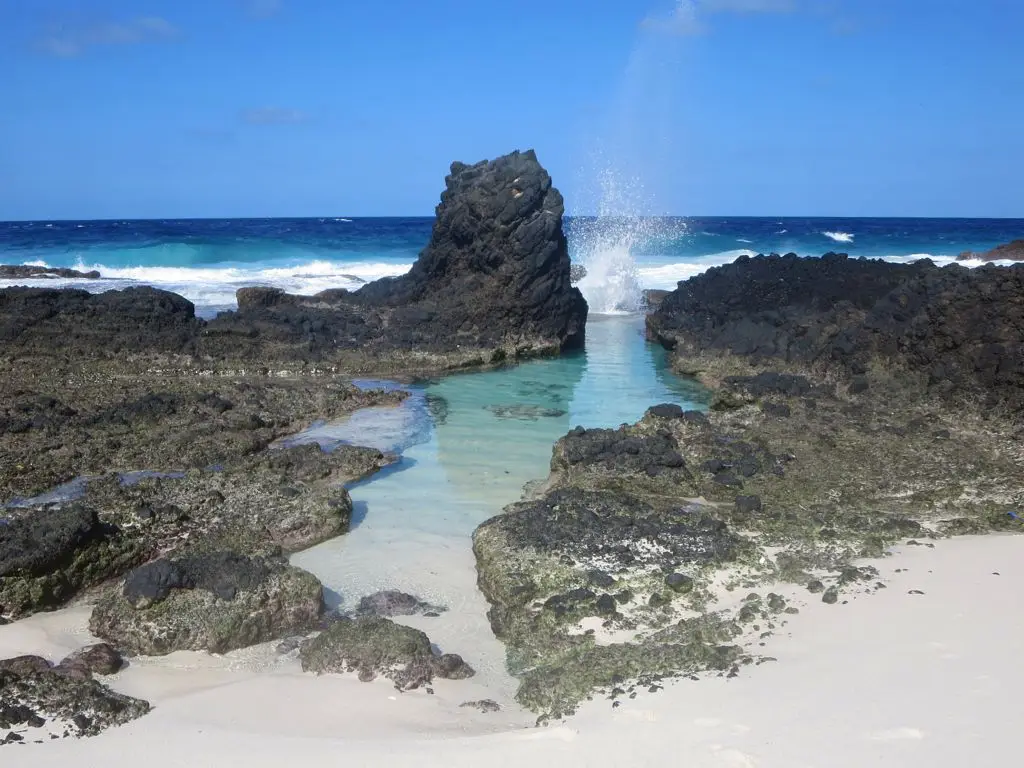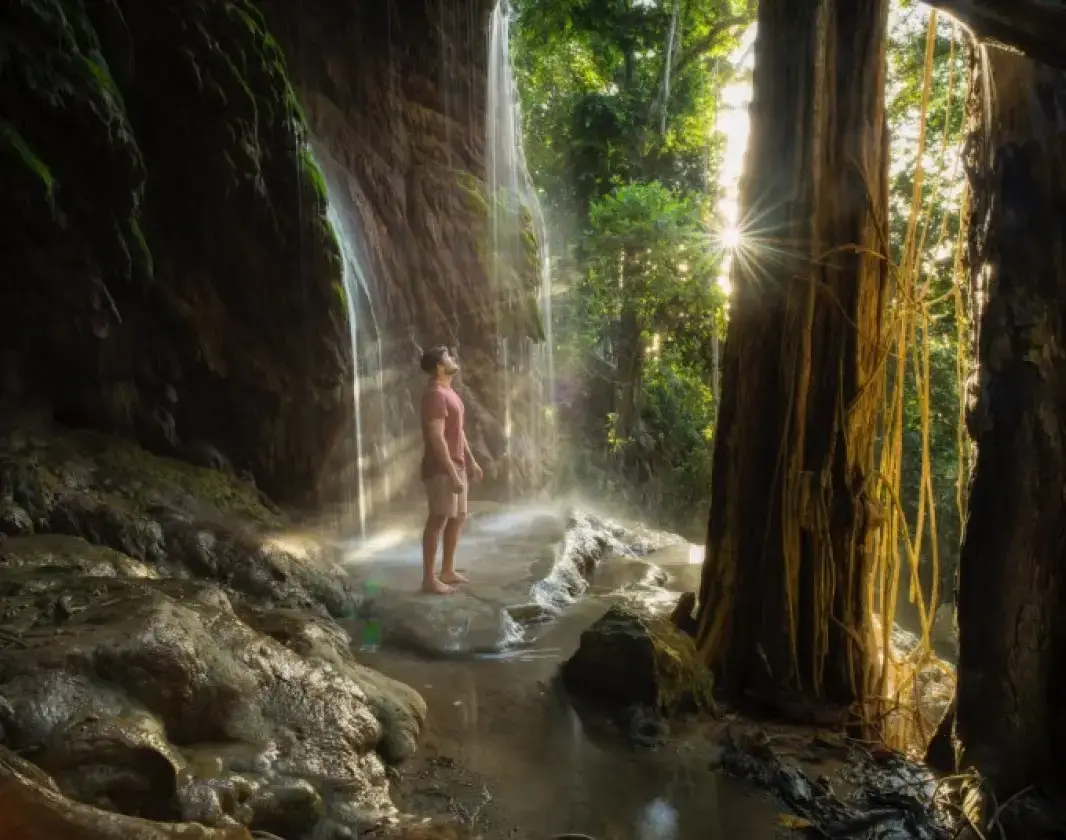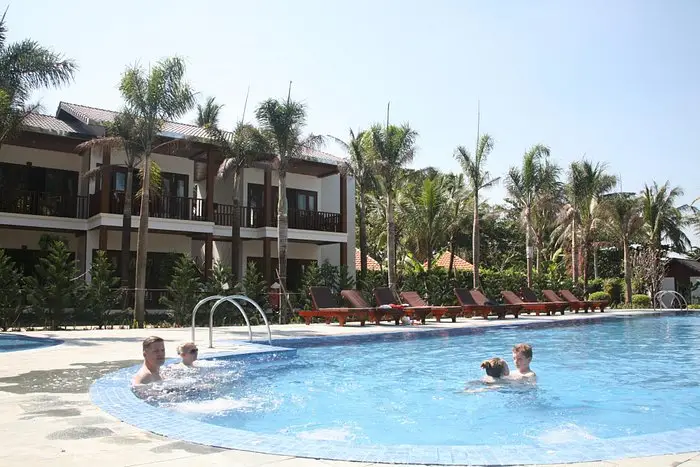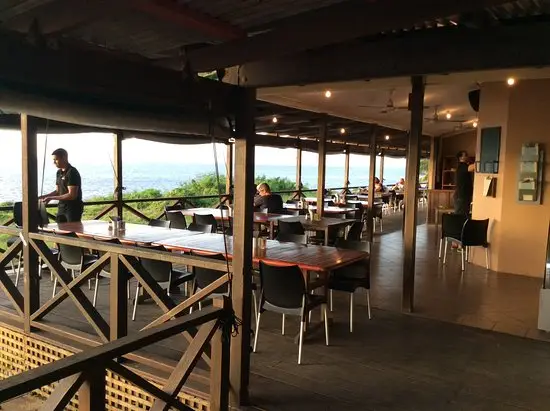Christmas Island
WELCOME TO Christmas Island
Territory Overview
Flying Fish Cove
135 km2
1,900
English
Popular
Geography and Tourist Attractions
Information about the state's tourist attractions, including popular destinations, events, and activities.

Christmas Island National Park

The Dales

Flying Fish Cove
Political
Economy and Government
Christmas Island, as an Australian territory, is governed under the legal and administrative framework of the Australian government. The island's economy relies primarily on three sectors: phosphate mining, tourism, and government services.
Phosphate mining, historically a significant industry on Christmas Island, has played a crucial role in the economy. However, in recent years, mining operations have decreased due to declining phosphate reserves. Tourism has emerged as a growing sector, attracting visitors with its natural beauty and unique wildlife. The island's diverse ecosystems, national parks, and stunning coastal landscapes make it an appealing destination for nature enthusiasts and adventure seekers.
The Australian government provides essential services and infrastructure on the island, including healthcare, education, and public administration. The government's presence is significant due to its responsibility for the island's governance and the welfare of its residents.
The remote location of Christmas Island poses challenges for economic development. However, efforts are being made to diversify the economy by promoting sustainable tourism, encouraging small businesses, and exploring other potential industries such as aquaculture and agriculture.
The government of Australia, through the Department of Infrastructure, Transport, Regional Development, and Communications, oversees the administration and governance of Christmas Island, ensuring the provision of services and the overall well-being of the local population.

History
History and Culture
Located in the Indian Ocean, Christmas Island is an Australian territory known for its rich history and unique cultural blend. The island was first discovered by Captain William Mynors on Christmas Day in 1643, hence the name. Over the centuries, it has served as a vital trading post, attracting diverse populations from Southeast Asia, Europe, and beyond.
The island's culture is a captivating fusion of influences from its various settlers. The indigenous Malay, Chinese, and European communities have contributed to its vibrant traditions, customs, and celebrations. Christmas Island's annual Lunar New Year festivities showcase the island's multicultural tapestry, featuring dragon dances, vibrant parades, and delicious culinary offerings.
The island is also renowned for its natural wonders, including the breathtaking annual red crab migration, where millions of red land crabs journey from the forests to the coast. This remarkable event has become an emblem of Christmas Island's unique ecosystem, drawing nature enthusiasts from around the globe.
With its historical significance and cultural diversity, Christmas Island stands as a captivating destination that offers a fascinating blend of history, traditions, and natural marvels, creating an enriching experience for visitors and locals alike.
HOTELS

The Sunset Hotel

The Tropicana Resort

The Seaside Retreat
RESTAURANTS

Rumah Makan Padang

The Golden Bosun Tavern

